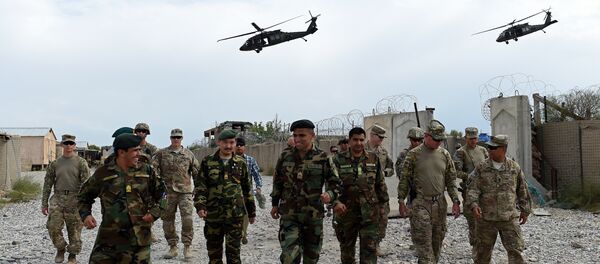"This pervasive corruption poses a deadly threat to the entire US effort to rebuild Afghanistan," Sopko noted during a speech at the University of Pittsburgh.
Since 2002, Sopko noted, US Congress has appropriated more than $113 billion to reconstruct Afghanistan, but these efforts are at risk because corruption has undermined government legitimacy, fueled the insurgency and sapped resources from rebuilding efforts.
"The United States failed to recognize that vast sums of money injected into the Afghan economy, with limited oversight and pressures to spend, created conditions for corruption," Sopko claimed.
Sadly, he added, culprits that have siphoned funds from aid and reconstruction projects include US military officers, enlisted personnel and federal civilians.
SIGAR investigations have resulted in 193 arrests, 103 convictions or guilty pleas, and 86 sentencings, Sopko added, while the group’s audits have saved US taxpayers more than $2 billion.
Although the picture in Afghanistan is not entirely bleak, Sopko suggested, the country is running out of time to tackle the issue of corruption with surveys showing that Afghan confidence in the government and optimism of the future have reached ten-year lows.
US intelligence officials have reported that Afghanistan faces the risk of a political breakdown, but SIGAR is convinced that "the dangers of letting corruption run rampant are greater than the risk of disrupting the entrenched practices of Afghan officials," he concluded.
The $113 billion the United States has appropriated for reconstruction in Afghanistan is more money than Washington spent to rebuild Western Europe after World War II, according to SIGAR.





